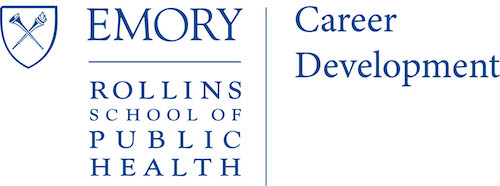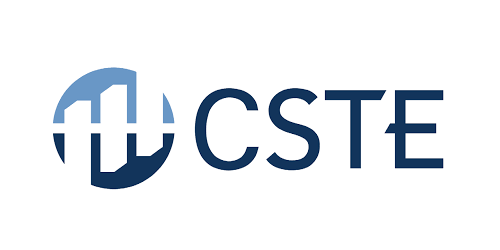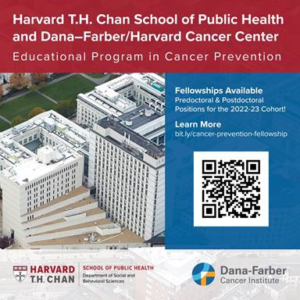The Division of Scientific Education and Professional Development at the Centers for Disease Control and Prevention (CDC) in Atlanta, Georgia has an opening for an Evaluation Assistant (REAL student position).
DSEPD’s mission is to improve health outcomes through a competent, sustainable, and empowered public health workforce. Our programs include fellowships and student programs, training and continuing education for health professionals, and activities for students and teachers interested in learning about public health. The Evaluation Assistant will work with the DSEPD Evaluation Lead and team to support evaluations of DSEPD programs. This position will allow the Evaluation Assistant to gain experience with the CDC Framework for Program Evaluation, data collection and analysis, and reporting evaluation findings.
DSEPD’s Science Office intranet website provides DSEPD staff and fellows with important information and resources to support program evaluation, quality science, and adherence to government regulations. However, users often have difficulty finding the relevant information they need. The Evaluation Assistant’s primary project will be conducting usability testing to help us better organize the website. Specifically, the Evaluation Assistant will work with Science Office staff to complete a content inventory of the site. With mentor support and guidance, the assistant will then develop and implement a card sorting study. This study will involve conducting interviews with DSEPD staff and fellows. The assistant will analyze interview data and report study findings, including recommendations for how to improve the website organization.
The Evaluation Assistant will also support an evaluation study of DSEPD Fellowship Outcomes, examining data on fellowship graduation processes, as well as the jobs and job settings of our graduated fellows. Specifically, the Evaluation Assistant will support review and examination of existing fellowship graduation data, data extraction and abstraction, data analysis, and reporting.
Depending on time and interest, the assistant will have the opportunity to work on other projects focused on evaluation of workforce development training programs. Specific activities may include:
· Conducting online surveys in SurveyMonkey
· Data analysis and reporting for fellowship surveys, course evaluations, and other evaluation activities
· Qualitative data analysis (interviews or focus group discussions)
· Data visualization for quantitative and qualitative data
· Literature reviews
· Assisting with reports and other documents
We are looking for an applicant with the ability to work well with a diverse group of people, strong oral and written communication skills, attention to detail, flexibility, and a passion for learning. Program evaluation experience or coursework is preferred, but not required.
We will review applications and interview candidates on a rolling basis. The position might be filled before the posted 9/30/21 closing date.
For more information or to apply please visit this link!
Any interested students are encouraged to direct question to Elizabeth Lummus at elizabeth [dot] lummus [at] emory [dot] edu.










Recent Comments